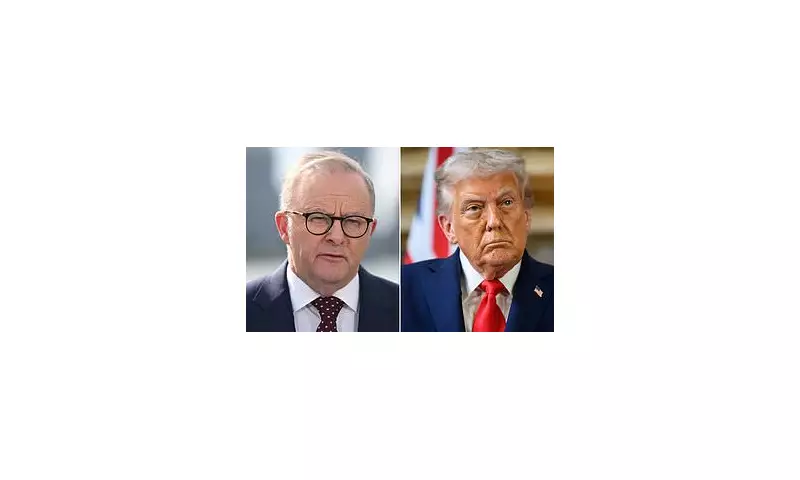
In a seismic shift that recalibrates its position on the world stage, Australia has formally announced its recognition of Palestine as a state. The decision, championed by Prime Minister Anthony Albanese, marks a definitive break from the policy of key Western allies and ignites a fresh foreign policy debate.
The move strategically aligns Australia with a growing number of nations supporting Palestinian statehood but places it in direct opposition to the stance of the United States and the incoming Trump administration. This bold diplomatic gambit is already facing significant backlash from conservative figures and pro-Israel advocates.
A Departure from Traditional Allies
The announcement signals a clear departure from Australia's traditional foreign policy alignment. For decades, Australian governments have largely followed the lead of the United States and other major partners on the contentious issue of Middle Eastern politics. This recognition is viewed as a statement of independent foreign policy under Albanese's leadership.
Early criticism has been swift and pointed. Advisors to former President Donald Trump were quick to condemn the decision, framing it as a misguided and damaging move that undermines a key ally, Israel. The response sets the stage for potential diplomatic friction between Australia and the US should Trump return to the White House.
Calculated Timing and Global Reactions
The timing of the recognition appears calculated, adding Australia to the list of over 130 United Nations member states that have already recognised Palestinian statehood. The Albanese government has defended its position, arguing it is a necessary step towards a two-state solution and lasting peace in the region.
However, the move is fraught with political risk. It has been met with praise from Palestinian authorities and some progressive groups, but has simultaneously drawn ire from opposition politicians at home and powerful critics abroad. The decision underscores the increasingly complex and fragmented nature of international diplomacy concerning the Israeli-Palestinian conflict.
This landmark recognition cements Anthony Albanese's legacy on foreign policy and demonstrates a willingness to pursue a path independent of Australia's closest security partners. The long-term ramifications for Australia's international relationships remain to be seen.






